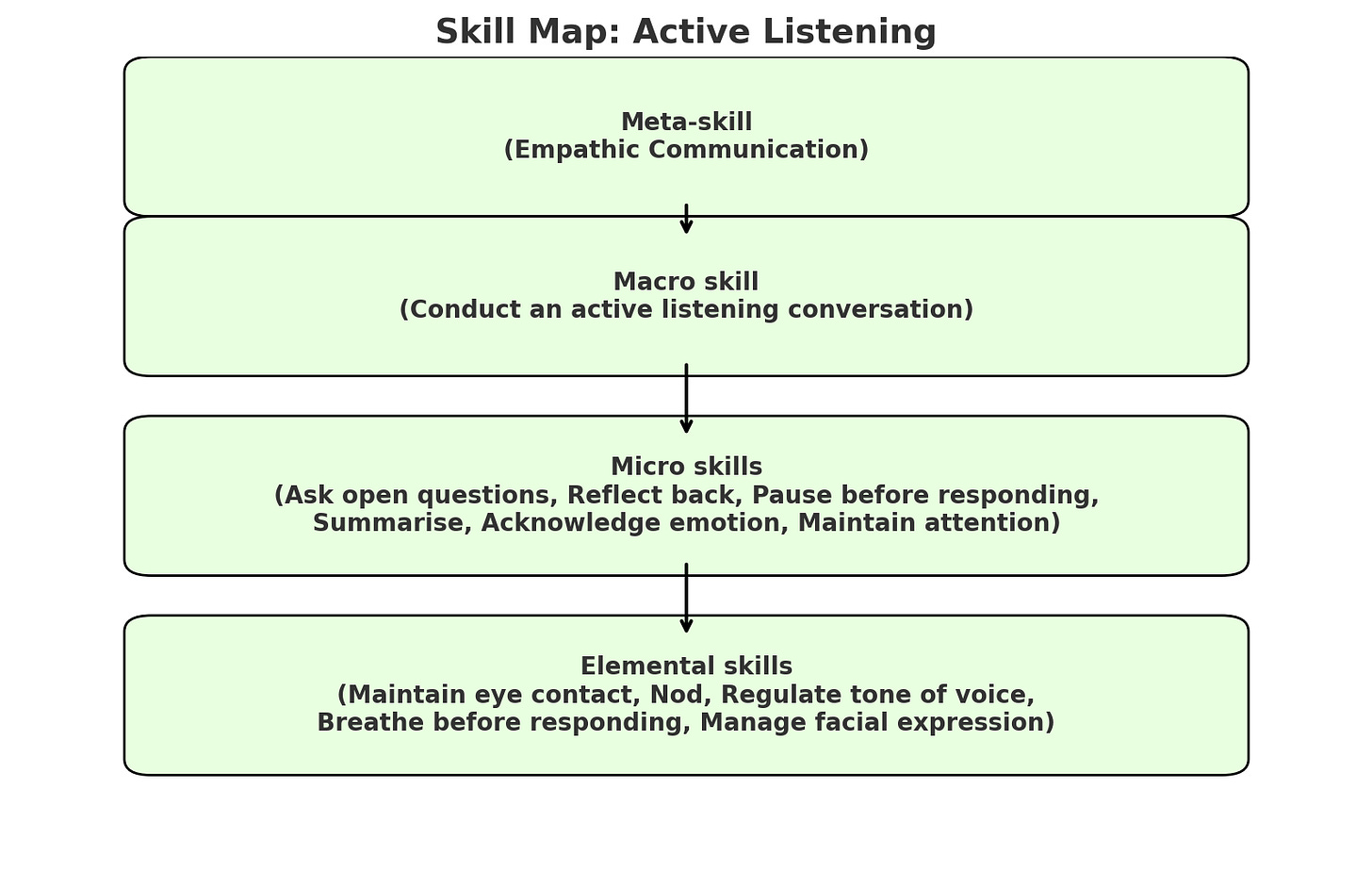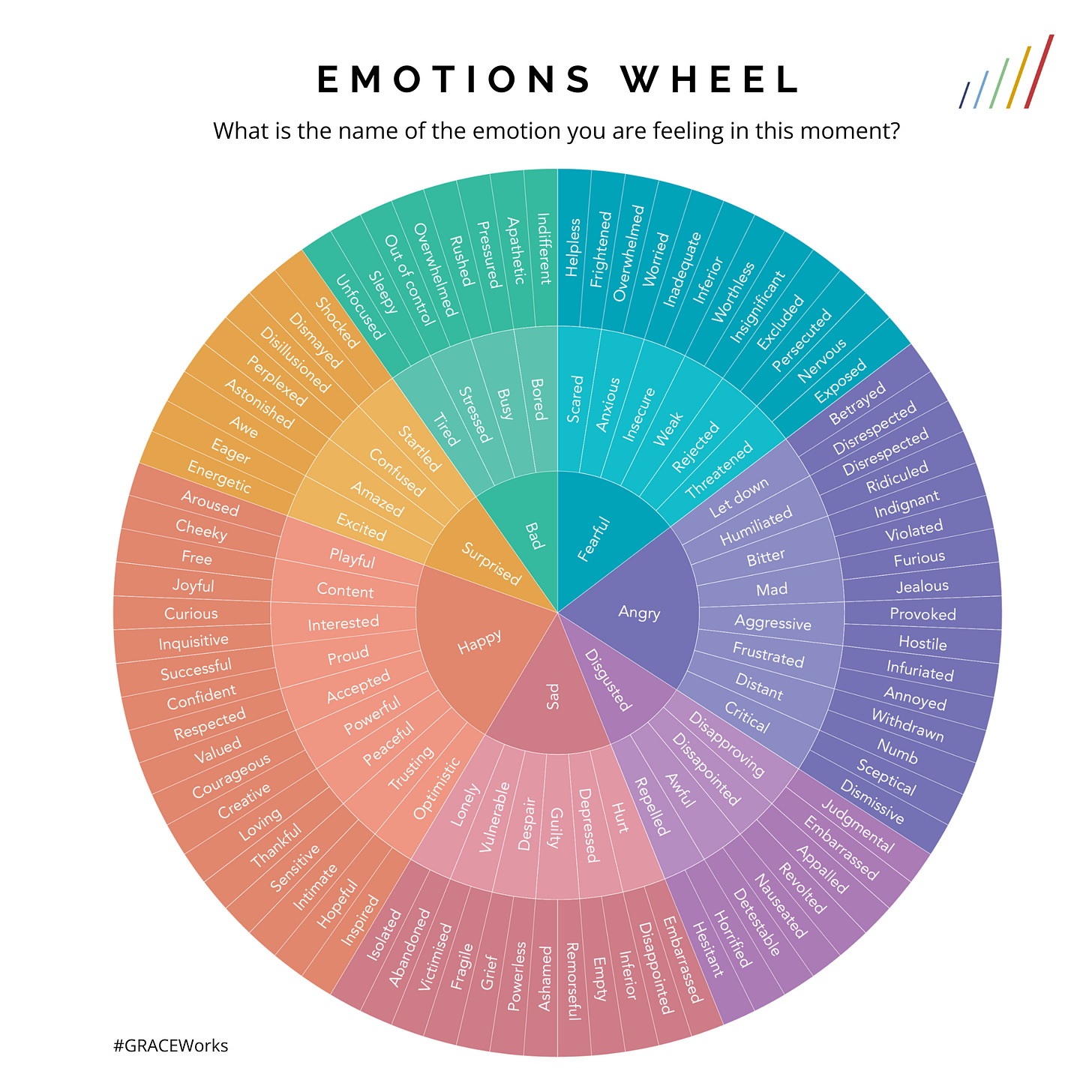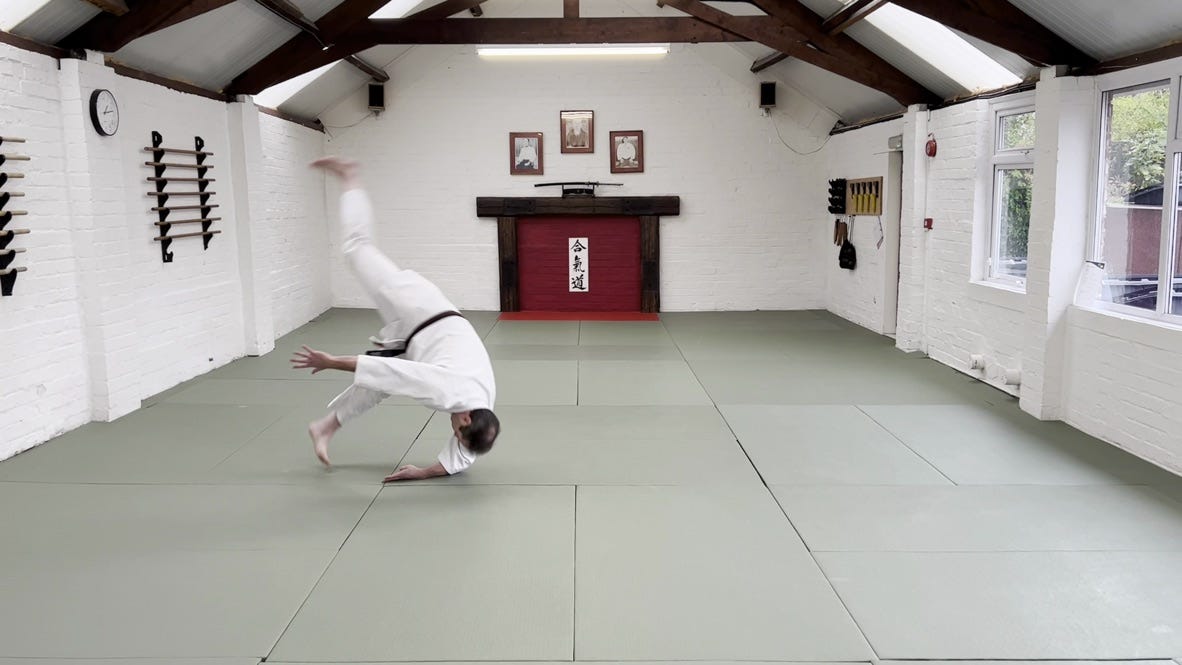Micro skills deliver the 'how to' of leadership development
Learning skills closes the knowing/doing gap in developing leaders
You've been to the workshops. You've sat through the two-day programmes. You've read the books, completed the case studies, participated in the toe-curling role plays, and filled out various assessments.
Yet here you are, still running at 80 -105 hours a week. Still saying yes when you mean no. Still carrying the weight of everyone else's problems whilst your own energy depletes.
Traditional leadership development isn't working for high achievers in consulting and tech, and here's why.
The One-Size-Fits-All Trap
Most leadership programmes treat everyone the same. They assume that all leaders need identical skills delivered in the same way.
However, consulting and technology professionals attend training as individuals with a unique set of skills, experience, and conditioning. Their current role requires them to face unique pressures that generic programmes don't address.
You're expected to be subject matter experts, yet you often feel you lack sufficient expertise. You're managing client expectations whilst navigating imposter syndrome. You're travelling constantly, disconnected from support networks, all while maintaining standards set to almost impossible levels.
Generic leadership development for specific cohorts of people of the same level of seniority or experience ignores these realities.
The Knowledge-Action Gap
Traditional programmes focus on what you should know, not how to actually change.
They pile on more ‘ivory tower’ frameworks, more models, more concepts to remember. But knowing what emotional intelligence is won’t help you stay calm when a client explodes in a meeting.
The gap between learning about leadership and actually leading differently remains vast.
The Time Problem
When do you practice new skills? Between your 6:00 a.m. flight from Manchester to Geneva and your evening client dinner? During the weekend, you're supposed to spend time with family? Traditional programmes demand time you simply don't have.
They're designed for leaders with predictable schedules, not for professionals juggling multiple clients across time zones.
Why Micro Skills Work Differently
Micro skills are targeted, demonstrable abilities that you can learn and apply immediately. Think of them as precision tools rather than heavy machinery.
Micro skills, when delivered through authentic, competency-based, and personalised approaches, are powerful tools for increasing our capacity to think of conscious leadership practices.
Their integration into leadership programs fosters more sophisticated thinking, adaptability, and wisdom, which are often acknowledged as key attributes for effective leadership in complex environments.
What Makes Them Effective
Real-world application: Each micro skill addresses a specific challenge you face daily. How to reset your nervous system between meetings. How to set boundaries without damaging relationships. How to think clearly under pressure.
Stackable learning: You build one skill at a time. Master grounding before moving to emotional regulation. Perfect listening before tackling difficult conversations. Each skill reinforces the others.
Immediate practice: No waiting for the right moment. You can practice microskills in your actual work environment with real-life situations.
The Science Behind Micro Skills
Research indicates that targeted, competency-based learning accelerates both skill acquisition and the development of complex thinking. When you practice specific abilities through real scenarios, your brain creates stronger neural pathways than traditional classroom learning.
Micro skills work because they align with how your brain actually learns, through repeated practice in real-world, live contexts.
Unlike broad knowledge acquisition, microskills focus on practical, real-world applications and are increasingly recognised by employers as essential for workforce readiness and leadership effectiveness.
In leadership development, micro skills serve as building blocks for both horizontal (skill acquisition) and vertical (complexity of thinking) growth.
Examples
Based on research into burnout, overfunctioning, and leadership effectiveness, these five micro skills address the root causes of leadership struggles in high-pressure environments.
1. Grounding Under Pressure
The ability to regulate your nervous system and think clearly, even when everything feels chaotic.
Why it matters: Consultants report working 80-105 hours per week with constant pressure to be "on". Without grounding skills, you're often unknowingly operating from fight-or-flight mode, which kills clear thinking and emotional intelligence.
Micro practice: Three conscious breaths before entering any meeting. Feel your feet on the ground. Notice your posture. This 30-second practice dramatically shifts your presence and decision-making capacity.
2. Strategic Boundary Setting
The skill of saying no whilst preserving relationships and maintaining your reputation.
Why it matters: Professionals who overfunction struggle with setting boundaries. You take on extra projects, cover for others, and work impossible hours because you fear disappointing people. This leads to exhaustion and resentment.
Micro practice: Before agreeing to any request, pause and ask: "What would I need to stop doing to make this possible?" This simple question exposes the real cost of saying yes.
3. Emotional Regulation in Real-Time
The ability to notice and shift your emotional state whilst staying engaged in challenging situations.
Why it matters: Consulting environments are emotionally demanding. Difficult clients, impossible deadlines, and constant scrutiny create emotional volatility that traditional training often fails to address.
Micro practice: Name the emotion you're feeling without judgment.
"I notice I'm feeling [ select an emotion from the emotions wheel below that describes how you feel ]."
This simple labelling of what you’re feeling activates your prefrontal cortex. It now gives you a more conscious choice in how to respond to whatever internal feeling and/or external event has caused the emotion to arise within you.
4. Courageous Communication
The skill of speaking truth with civility whilst maintaining safety and connection.
Why it matters: Many leadership issues stem from avoiding difficult conversations. You sidestep conflicts, tolerate poor performance, and let resentment build because you lack the skills for constructive confrontation.
Micro practice: Start difficult conversations with curiosity, not conclusion. "I've noticed something and I'm curious about your perspective" opens dialogue rather than triggering defensiveness.
5. Sustainable Performance
The ability to maintain high standards without depleting yourself.
Why it matters: Consulting and tech cultures often glorify and reward overwork, treating burnout as collateral damage. But sustainable high performance requires different skills than unsustainable high performance.
Micro practice: Schedule recovery time, like other key meetings, such as client meetings. Protect it fiercely. Your calendar should show when you recharge, not just when you deliver.
How Micro Skills Address Traditional Programme Shortcomings
They're Contextual
Instead of generic leadership theory, micro skills address your specific challenges. Dealing with difficult clients. Managing energy across time zones. Staying grounded during restructures.
They're Immediate
You don't need to wait for perfect conditions. You can practice grounding whilst waiting for flights. You can work on boundaries during your commute. Small actions create big changes.
They're Stackable
Each skill builds on the others. Grounding makes emotional regulation easier. Boundaries support courageous communication. Together, they create a comprehensive leadership transformation.
They're Measurable
You know if they're working. Can you stay calm in a crisis? Do you sleep better? Are your relationships improving? Micro skills create observable changes.
The Neuroscience of Small Changes
“Repetition is the mother of skill.” ~ Tony Robbins
Your brain changes through repeated practice of the same microskill, not through dramatic interventions.
Micro skills work because they align with how neural pathways actually develop.
Each time you practice a micro skill, you strengthen the neural networks associated with that capability. Over time, these new patterns become automatic responses rather than conscious efforts.
This is why small, consistent practice creates more lasting change than intensive, sporadic training.
Getting Started: Your First Micro Skill
Choose one micro skill to focus on for the next two weeks. Don't try to change everything at once.
If you're feeling overwhelmed: Start with grounding. Practice three conscious breaths before meetings.
If you're saying yes too often: Focus on setting boundaries. Use the pause-and-consider practice before agreeing to requests.
If you're avoiding conflict, Begin with emotional labelling. Simply notice and name what you're feeling.
The key is consistency over intensity. Small actions, repeated daily, create profound transformation.
The Bigger Picture
Micro skills aren't just about becoming a better leader. They're about reclaiming your humanity in an environment designed to strip it away.
When you can stay grounded under pressure, you model calm for your team. When you set healthy boundaries, you give others permission to do the same. When you communicate courageously, you create psychological safety for everyone.
Your micro skills ripple outward, transforming not just your leadership but your entire organisational culture.
What's Next?
The future of leadership development is personal, practical, and immediate. It's about developing the inner capacities that make external performance sustainable.
Micro skills are the bridge between knowing what good leadership looks like and actually embodying it, especially when the pressure is on.
Which micro skill will you start with?
Ready to develop micro skills that actually work in your high-pressure environment? The GRACE Framework offers a comprehensive system for creating sustainable leadership capacity without compromising performance. Learn more about practical leadership development that fits your reality.





